 780-413-1684
780-413-1684
780-413-1684
780-413-1684
Learn about private mortgages and how to use your property's equity to achieve your goals.

Learn how to use an equity mortgage in Edmonton for property improvement, from essential repairs to value-boosting renovations.
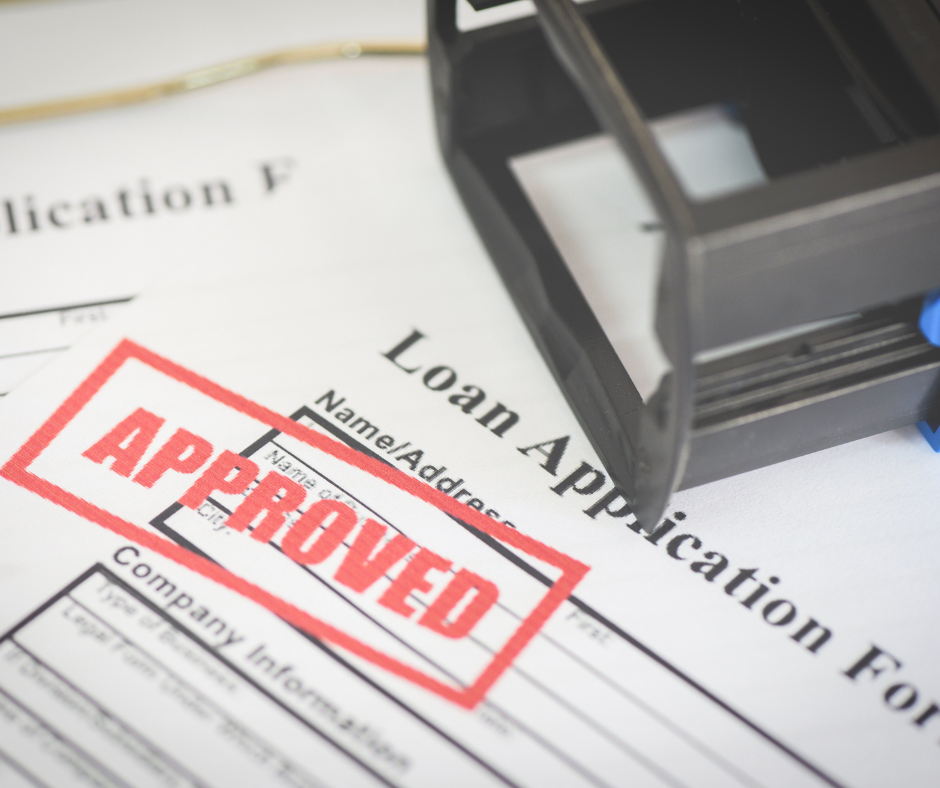
Discover equity lending for debt repayment in Edmonton. Learn how self-employed borrowers can prepare for approval with practical tips.
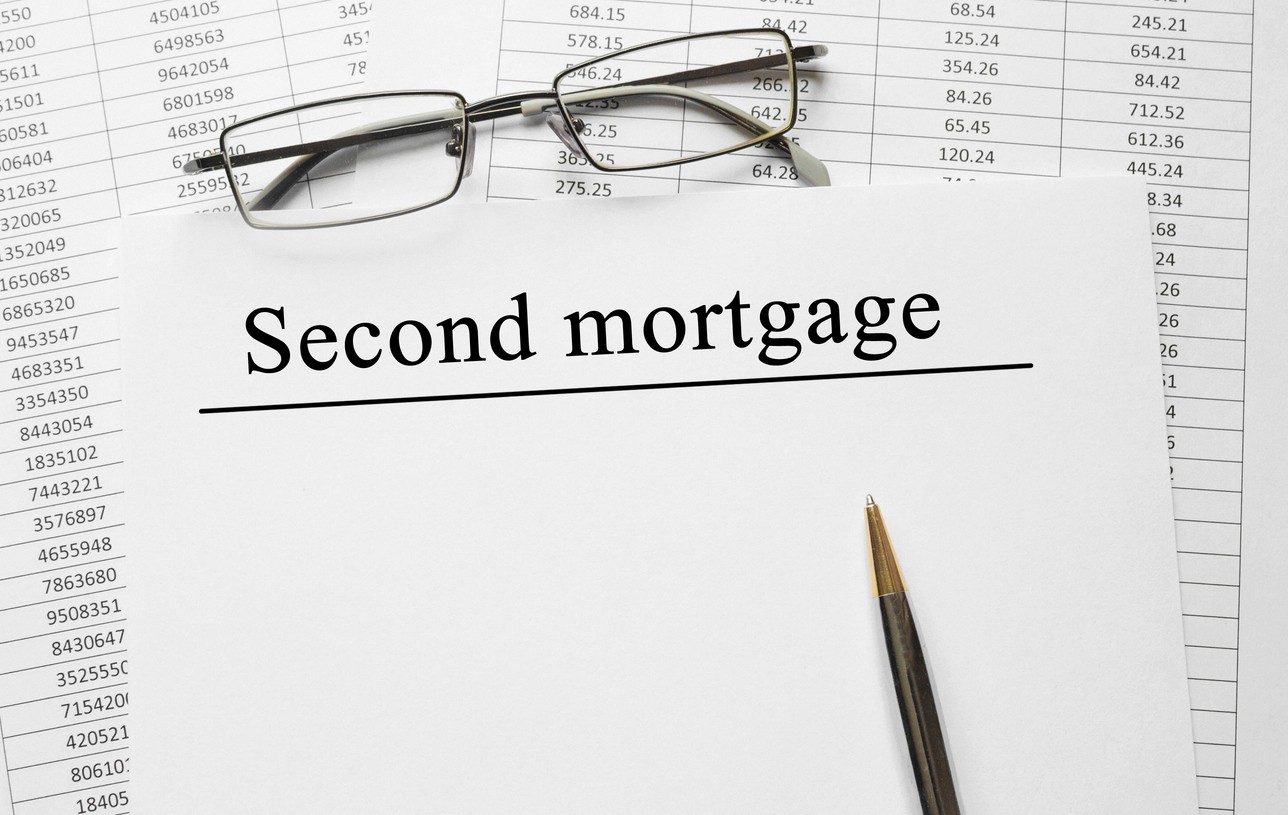
Learn how much to borrow with a second mortgage in Edmonton for debt consolidation while avoiding overborrowing and financial risk.
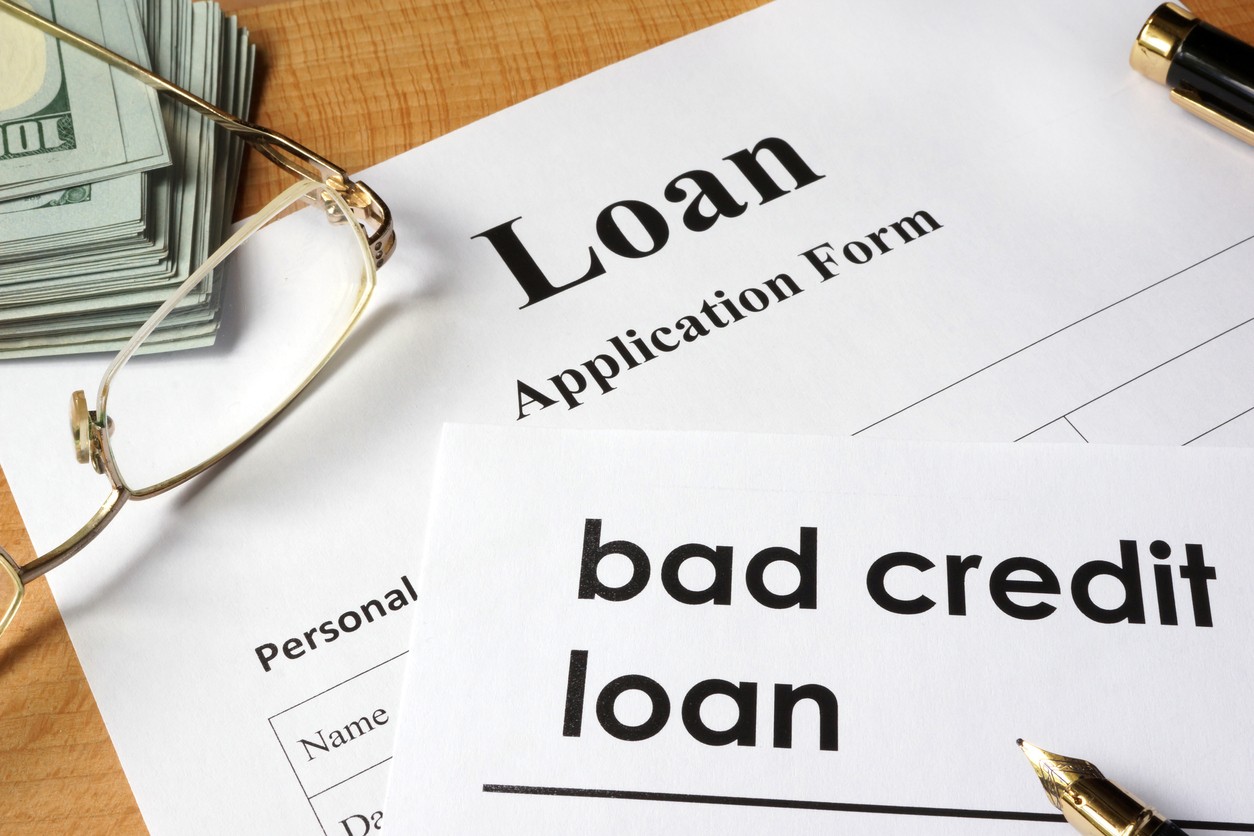
Explore creative financing with a private lender mortgage in Edmonton. Learn bad credit options like seller financing, land trusts, and more.

Discover how a private mortgage lender in Edmonton can offer flexible short-term bridge financing with faster timelines and practical exit options.

Learn second mortgage equity requirements in Edmonton with tips to boost home value, credit, and prepare for a smoother approval.

Learn the risks of borrowing too much home equity for renovations and how to protect your finances. Expert tips from BMC Mortgage & Investments.
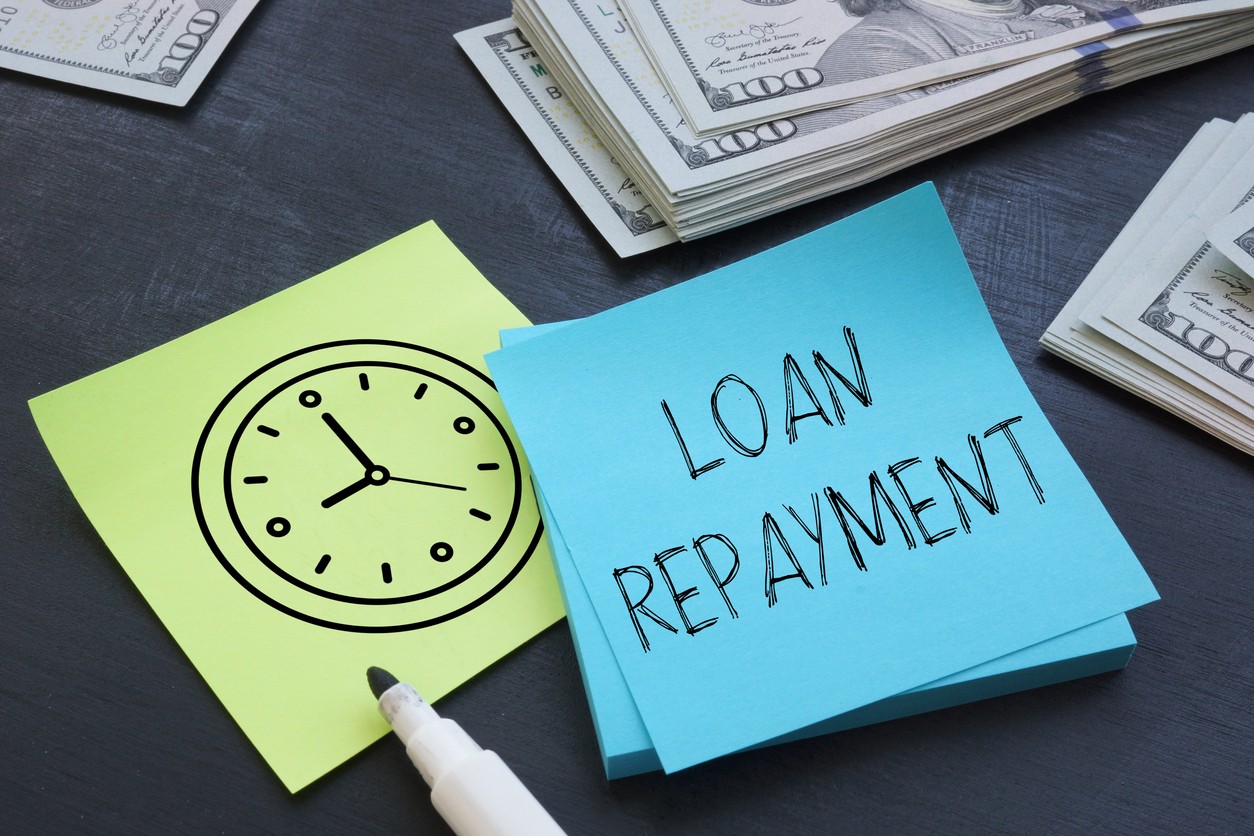
Using home equity for debt repayment has benefits, but overleveraging can jeopardize your home. Learn how to borrow responsibly with expert guidance.

Discover the financial and psychological benefits of second mortgages for debt consolidation. Simplify payments and regain peace of mind today.
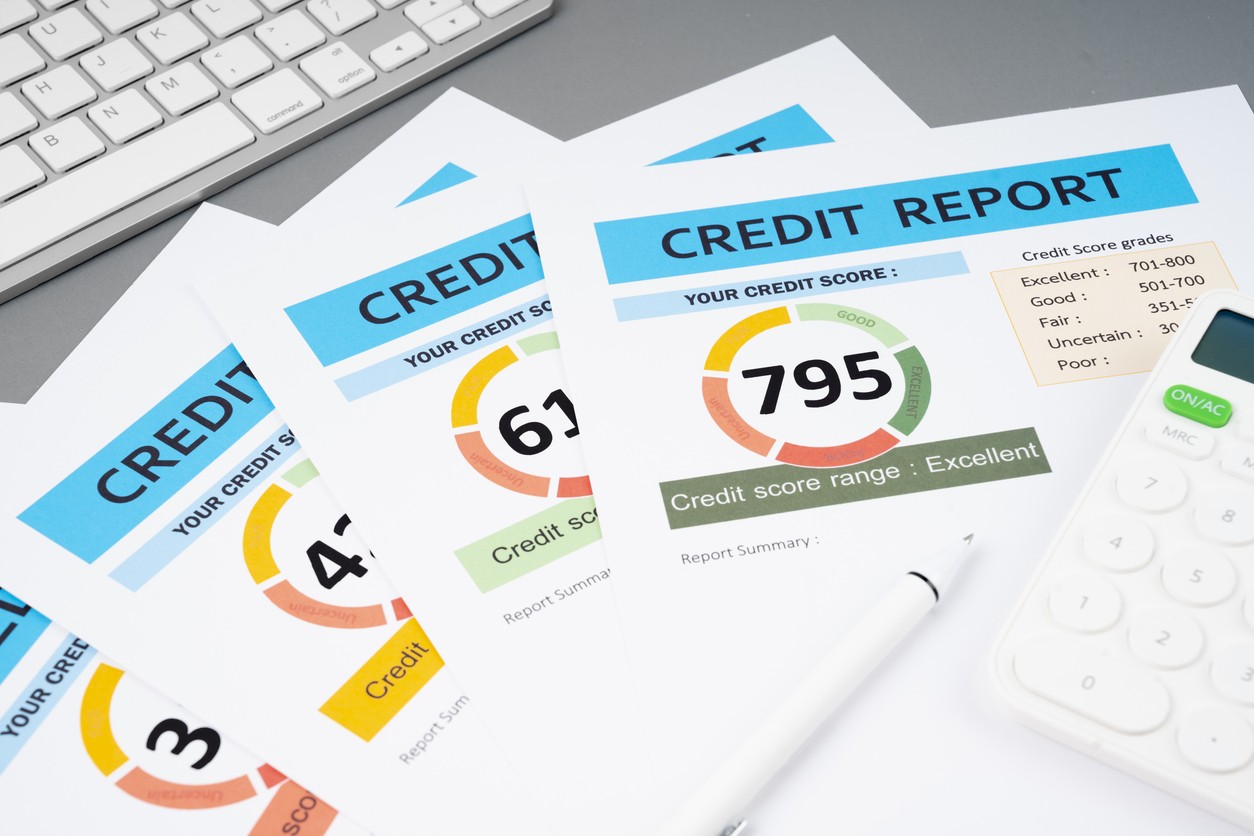
By assessing factors beyond just a credit score, such as property equity, income stability, and overall financial health, private lender mortgage options for bad credit provide alternative paths to homeownership or refinancing.
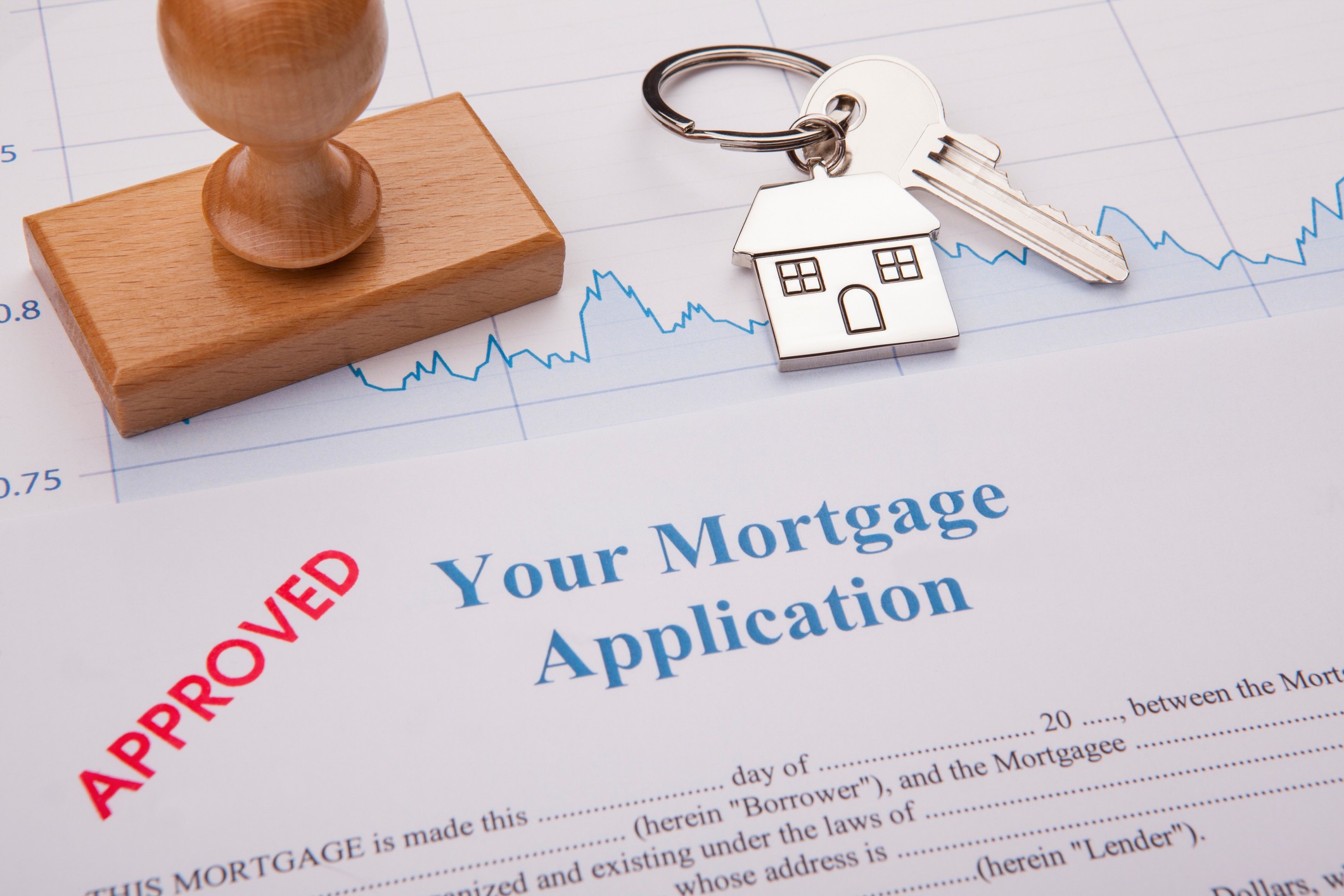
While banks follow strict lending guidelines, private lenders offer more flexible mortgage solutions, especially for those with unique financial circumstances.

At BMC Mortgage and Investments, we help property owners unlock the power of their equity to finance property improvements. Contact us today to learn how an equity mortgage could help you invest in your property’s future.
-Ratios-in-Second-Mortgages-1.jpg)
When considering a second mortgage, it's essential to understand the concept of Loan-to-Value (LTV) ratios and how they influence your borrowing potential.

There’s a solution that more property owners are turning to: equity lending for debt repayment. By using the equity in your property, you can consolidate debts, reduce interest rates, and improve your overall financial situation.
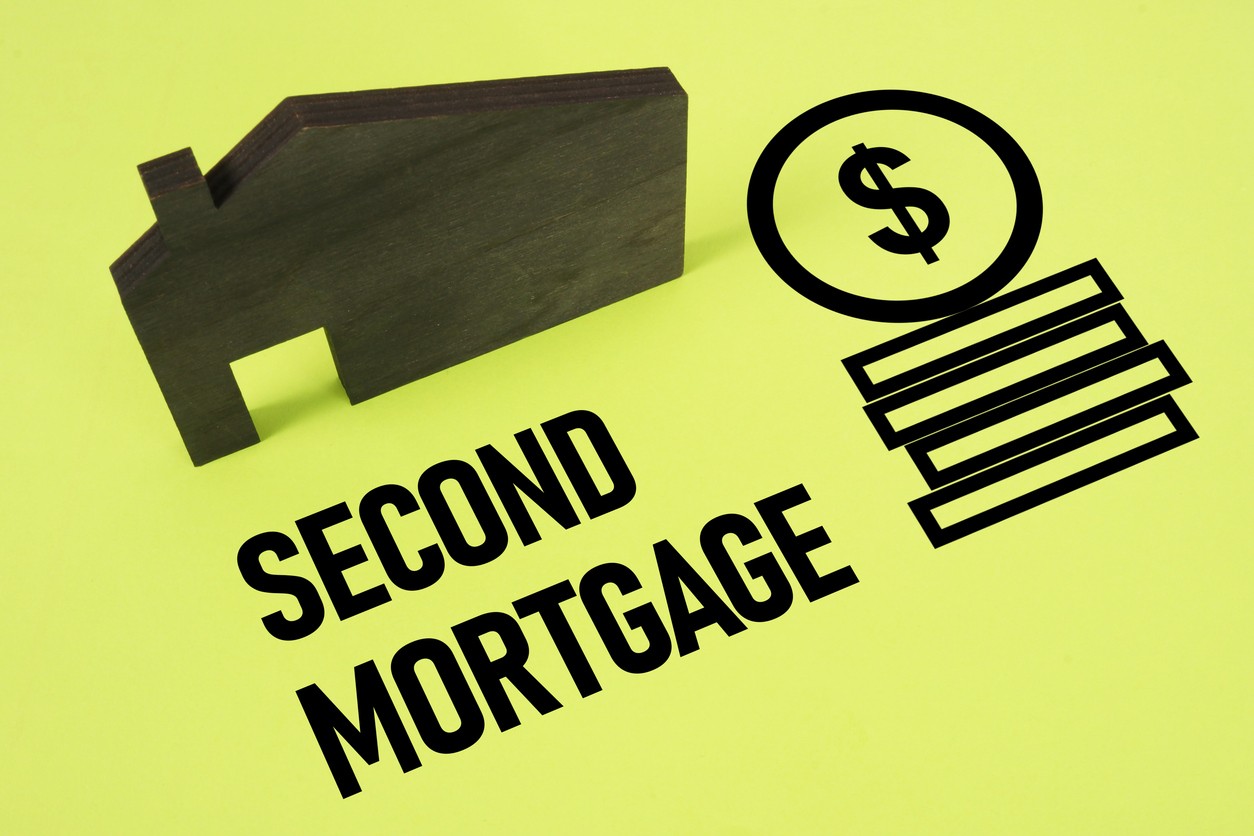
With lower interest rates and streamlined payments, second mortgages for debt consolidation can help you take a significant step toward
financial stability.
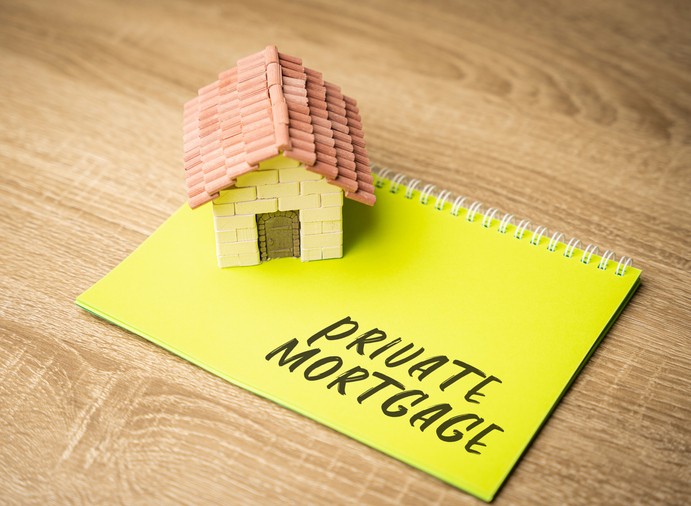
If you've been struggling with bad credit, securing a mortgage through a traditional bank can feel like an impossible task. However, private mortgage lender options for bad credit are becoming an increasingly smart choice for borrowers who need more flexible terms and faster approvals, regardless of their credit score.

When it comes to securing funds for significant financial needs—whether consolidating debt, financing a major life event, or obtaining a mortgage—working with a private mortgage lender could be the best option.

When you’re considering a second mortgage, one of the most important factors to understand is the equity requirement. How much equity you need to secure a second mortgage can vary based on a number of factors, including the type of property you're dealing with.

Many homeowners find themselves in a financial pinch and look towards their most significant asset for relief. But is tapping into your home equity the right move for you? Let's dive into the pros and cons of a home equity loan to pay off debt.

Here's some good news: there's a strategy that might not only help manage your finances but also lift that heavy emotional burden. We're talking about debt consolidation loans for credit card debt.

When you're considering a second mortgage, it's crucial to step into the shoes of the lender. Understanding their perspective when it comes to second mortgage equity requirements can help you navigate the process more effectively and make informed decisions.

If you've been thinking of doing some much-needed home improvements, but find your wallet a bit light, remember that your home itself can be the key to funding those projects. Home equity mortgage loans for home improvements can be a savvy way to leverage your property's value, especially if your credit history isn't spotless.

Struggling with debt can feel like being stuck in quicksand, especially if your credit history is less than perfect. However, there's a lifeline that might just be within your reach: equity lending for debt repayment.

Are you feeling weighed down by multiple debts and looking for a way to streamline your finances? Securing a second mortgage for debt consolidation might be the solution you need, especially if you're dealing with poor credit.

As a homeowner, your home equity is one of the critical assets that can provide a reliable funding source. Depending on the equity you have built, you can easily take on a lump sum loan or a home equity line of credit to finance necessary expenses, such as debt consolidation, unexpected emergencies, home improvements, and education costs.
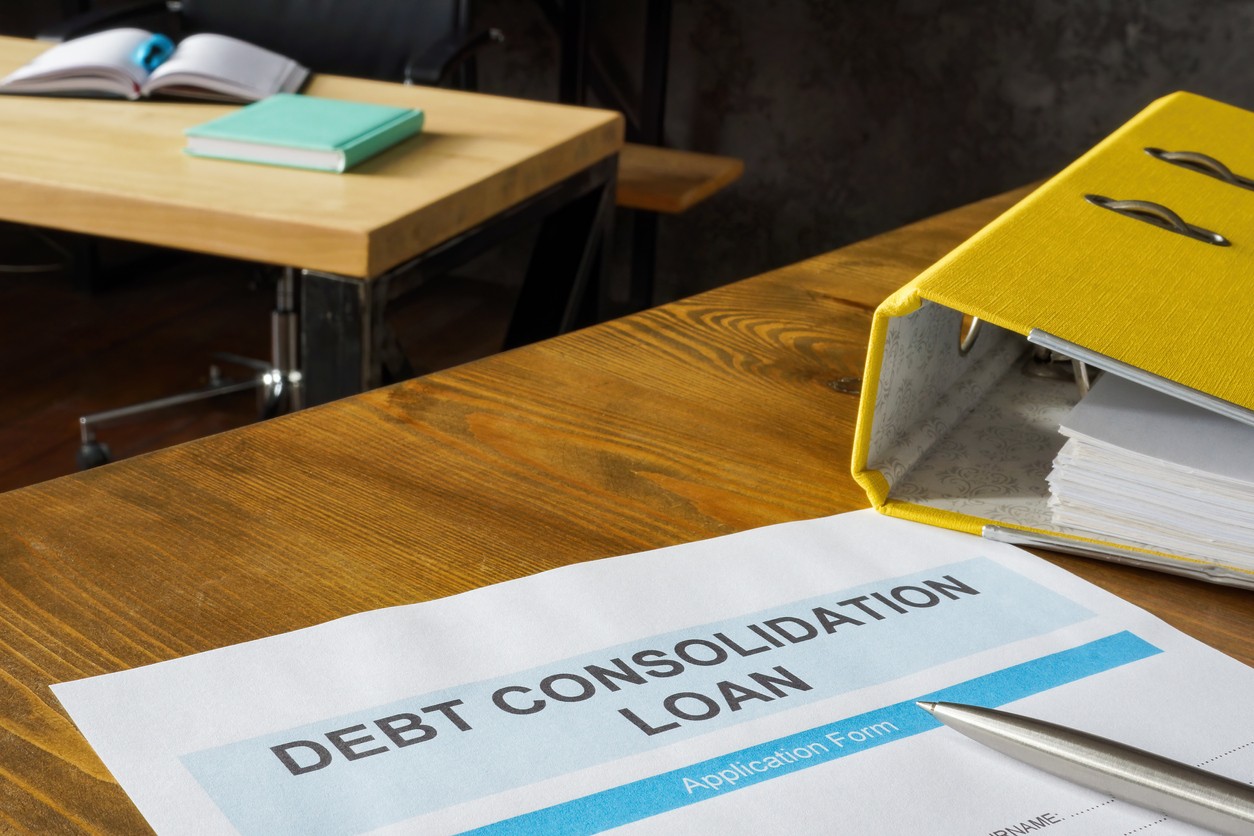
You can secure a debt consolidation loan to cover all your credit card debts and be left with one loan you can easily manage. In this article, we'll discuss everything you need to know about debt consolidation loans for credit card debt.

Over the years, second mortgages have become increasingly popular among homeowners, thanks to their low-interest rates and the option to use them for virtually any reason. Provided you have built enough equity in your property and meet the other eligibility requirements, you are almost sure that most lenders are willing to give you a loan.

Many homeowners want to renovate their homes, but few have the financial means. If you wish to enhance the home's aesthetics and comfort or improve its functionality, you'll need to invest significant money.

Repaying your debts in full is a great achievement that will afford you peace of mind and offer flexibility in managing your finances. You also improve your credit score, which is critical when applying for future personal loans and mortgages
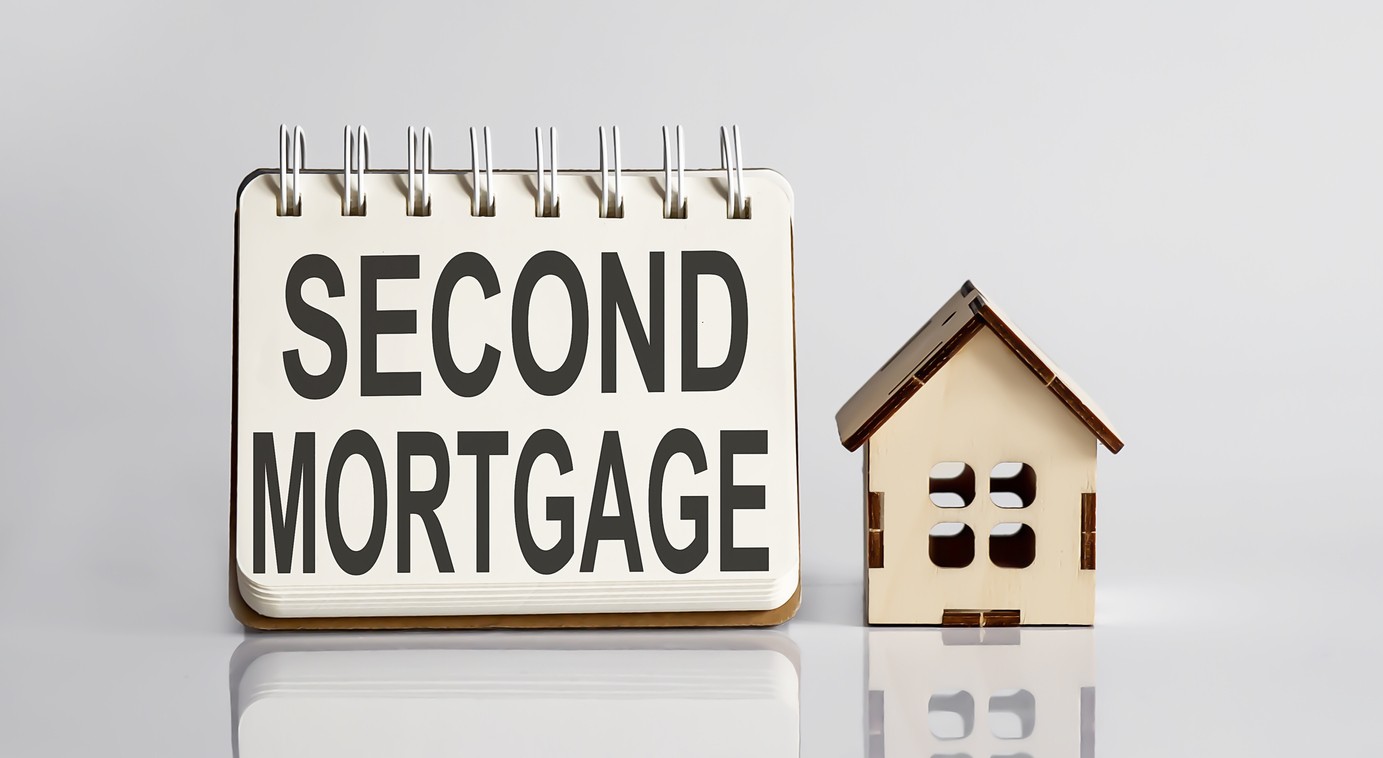
Debt is like a seesaw, cutting both ways. On the one hand, it can provide much-needed leverage for financial growth and wealth creation. And on the other hand, it can weigh you down, tilting the balance unfavourably.
Whether you're buying a property or leveraging your equity to access financing, our expert mortgage solutions are designed to meet your unique needs. We provide personalized support for first-time homebuyers, seasoned investors, and those seeking to access equity for financing projects or consolidating debt. Connect with us today to explore your options and take the next step in your financial journey.